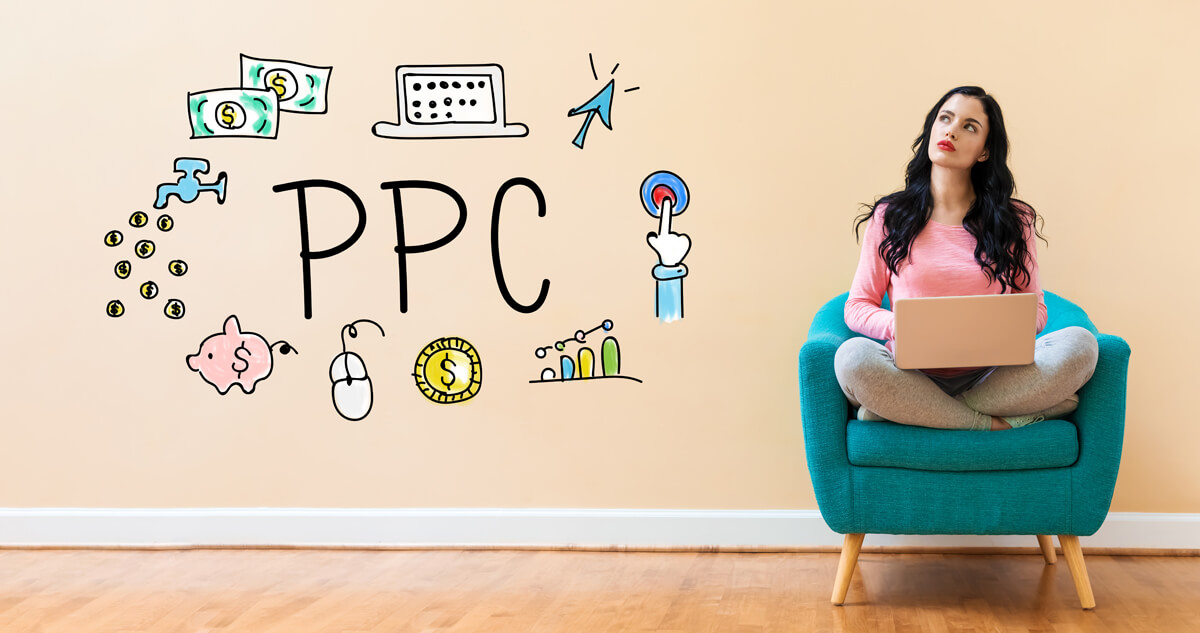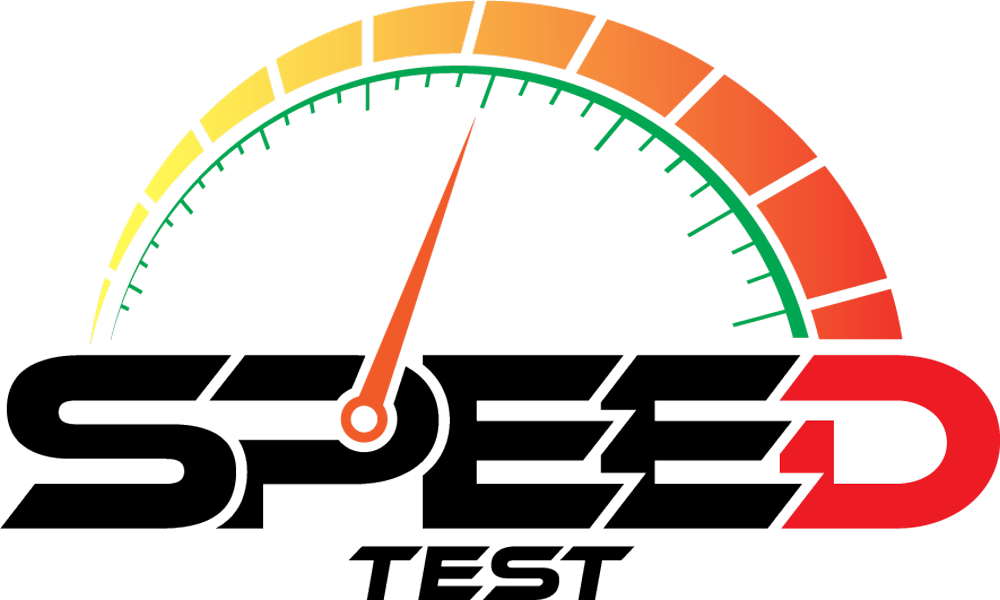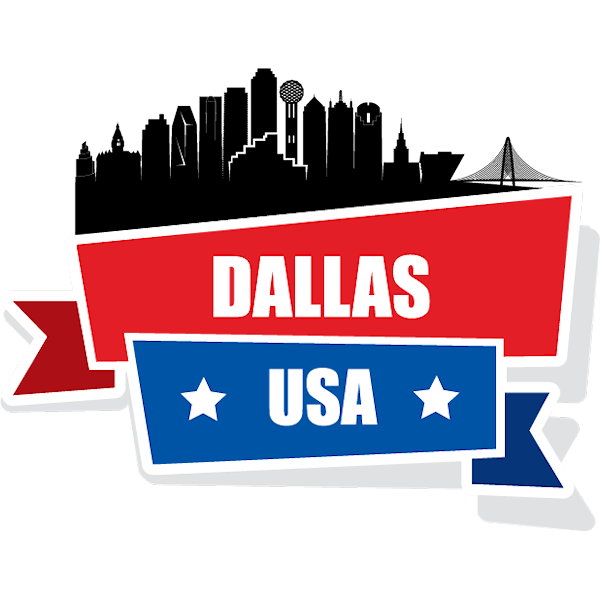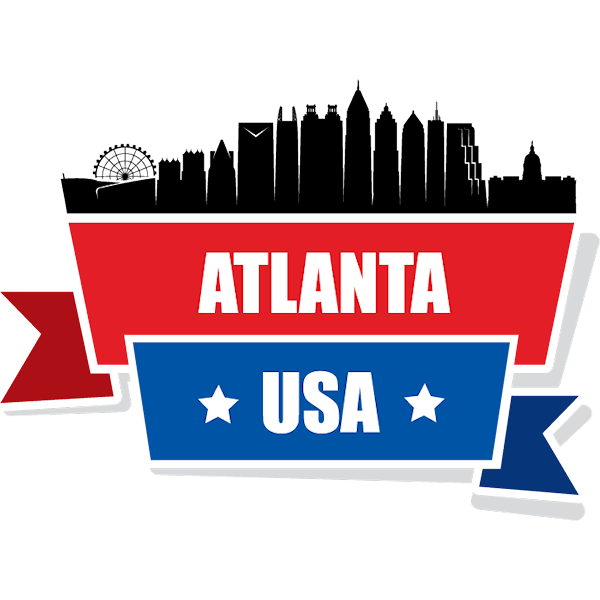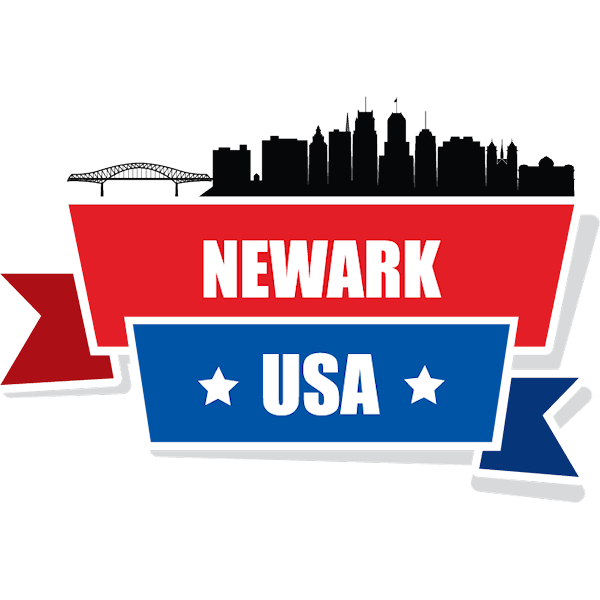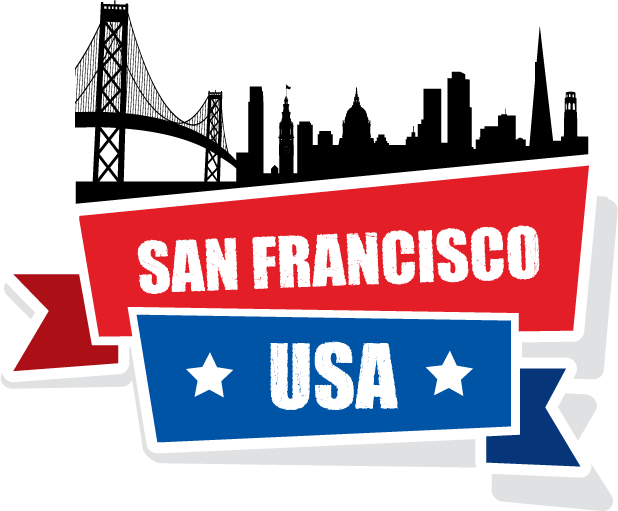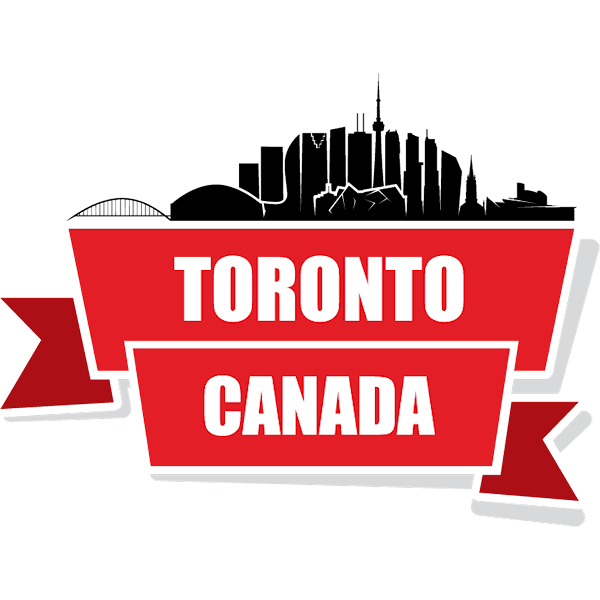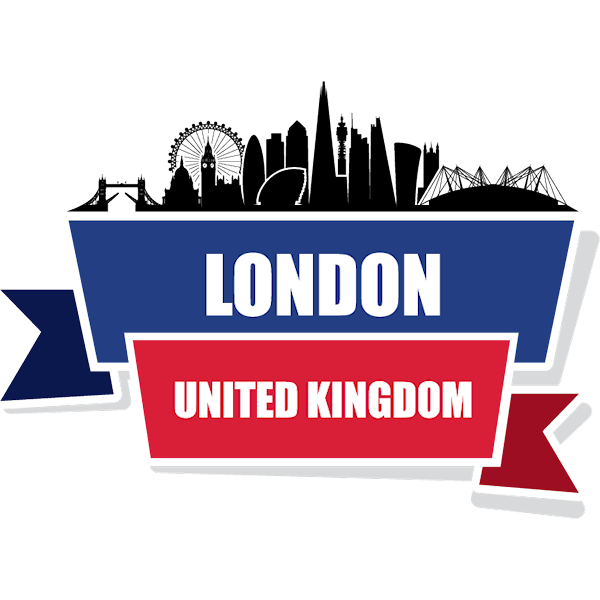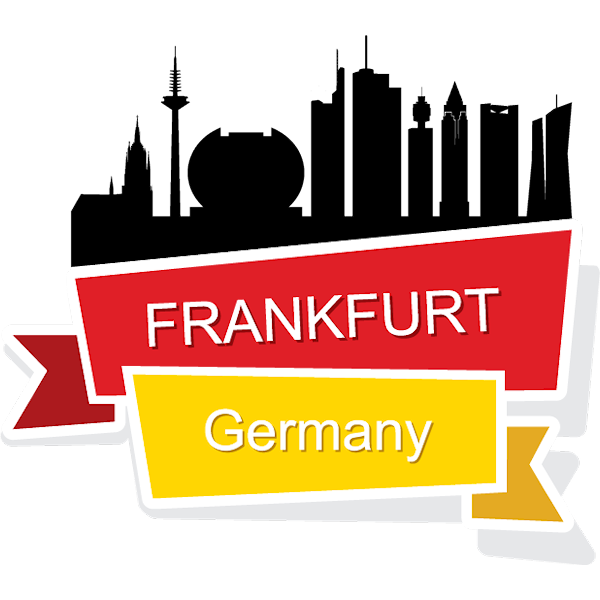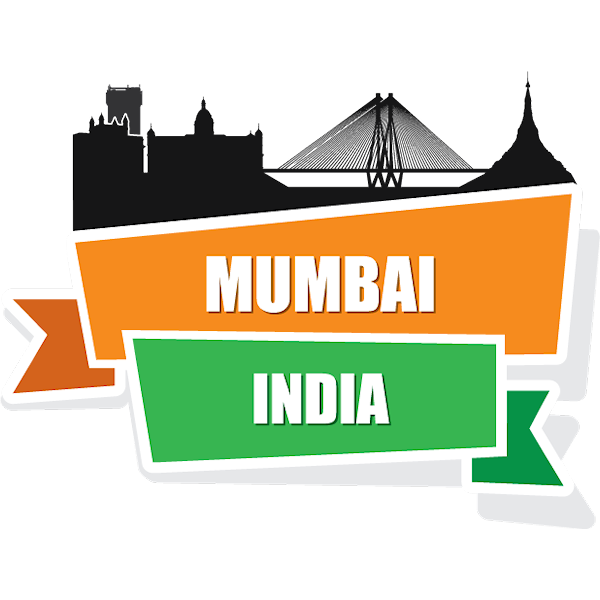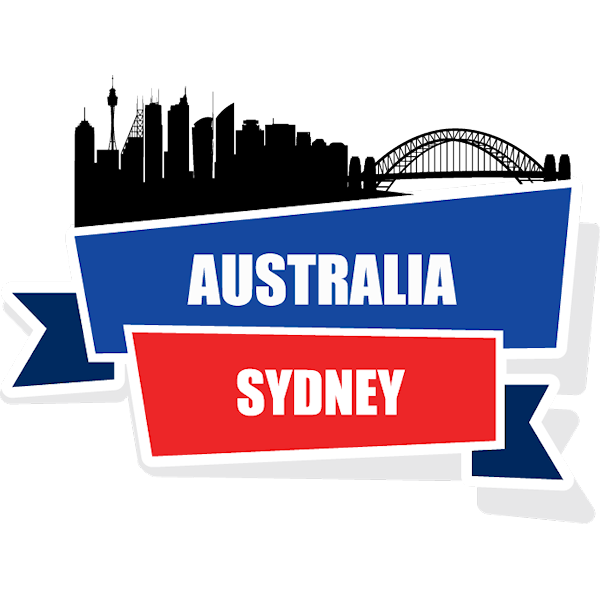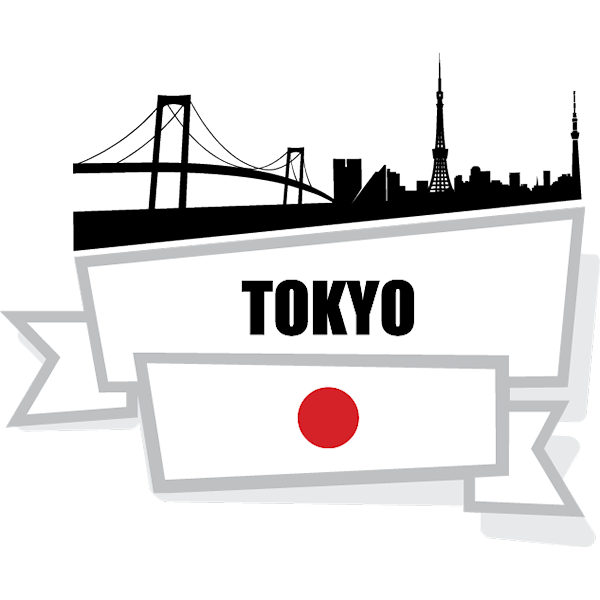You’ve probably heard of SEO (search engine optimization), but what about SEM or PPC? Search engine marketing (SEM) is the umbrella term that covers both SEO and PPC (pay-per-click). In general, SEM is the process of driving traffic to your website from search engines. The difference between SEO and PPC is the dollar signs involved. SEO is an approach that uses organic methods to appear in search results, while PPC uses paid methods. Now that we’ve got that clear, let’s dive into how our team at Rize AVS can use SEM to increase your visibility and ranking.
Recap on SEO
In case you missed our last blog, let’s take a look at the core pillars of SEO. Search engines analyze website content, backlinks (to and from the site), overall usability, and responsiveness. While perfecting your content, links, and usability can cost money, SEO is not a paid method with search engines. SEO is organic and a long-term solution that doesn’t rely on spending to bring in traffic. However, SEO is slower than other forms of marketing when it comes to producing leads.
Pay-Per-Click
According to Ahrefs, pay-per-click (PPC) is a form of advertising where you pay for website clicks from popular platforms. PPC is effective because each click is worth more to you than what you’re paying. For example, if you pay $2.50 for one click that results in a $400 sale, you’ve hopefully made a substantial profit! Another benefit is that PPC is instant. Search engines show your ads to searchers immediately, driving traffic to your site in minutes to hours. PPC ads are versatile and can be text, images, videos, or a combination and can be used on search engines, websites, and social media. Here’s a closer look at what PPC advertising on search engines involves.
Keyword Research
Similar to SEO, PPC ads require extensive keyword research. However, with PPC, it’s imperative to look at the search terms visitors use and how much the ads will cost for those terms. Specific keywords narrowed down to an item will cost less than a generic phrase. For instance, “home automation” will cost significantly more than “accessible home automation,” and that will cost more than “best smart home automation for the elderly.”
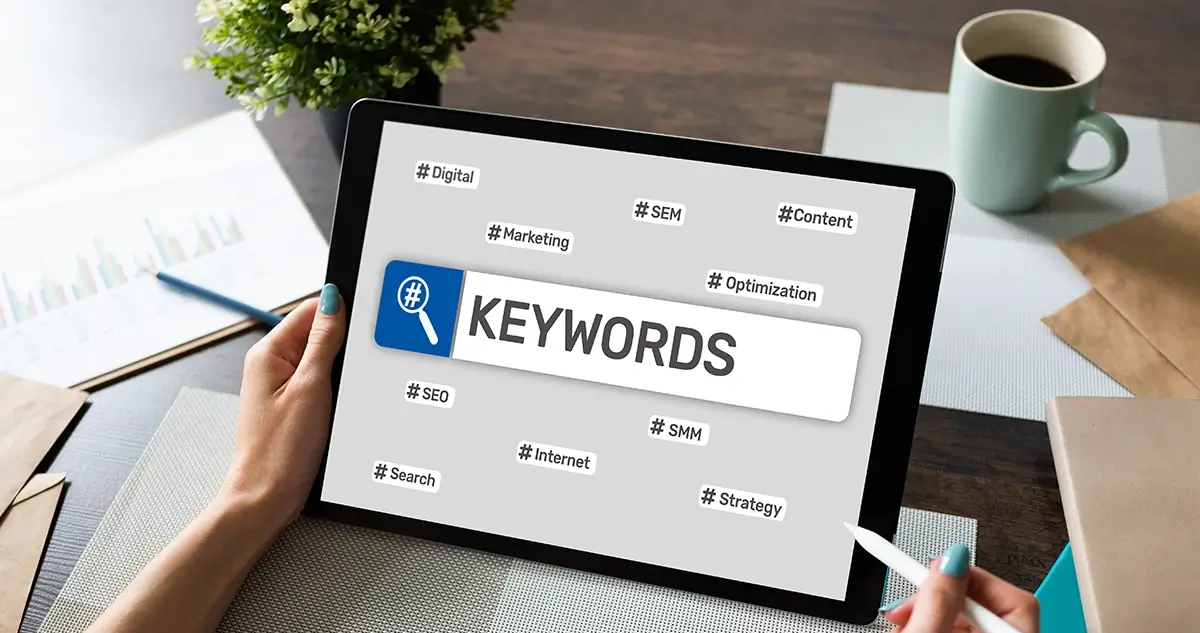
Bid Setting
Just like an auction, you’ll have to decide how much you are willing to spend on a click. If your competitors have relevant ads using the same keywords and outbid you, search engines will show their ads first. This process is where keyword research comes into play; you want to be sure you’re bidding a relevant amount (not too high or too low). Before bidding, you can research similar bid amounts and how they change.
Ad Creation and Targeting
Creating and targeting your ad is one of the most crucial steps in PPC. Ad creation is where you specify what you want your ad to say and where it will send people who click on it. If your ideal customer clicks on your ad, you don’t want them to go to an unrelated page on your website. Ad-specific landing pages give you insights into how your ads are doing and help your visitors find relevant content. Audience targeting is picking who sees your ad based on their interests, location, and other demographics. You don’t need fake, spam, or irrelevant customers consuming your advertising budget. It’s vital that your ads are accurate, and our team at Rize AVS can help!
Benefits of PPC
Ads are generally sales-focused and can result in a huge ROI if done correctly. Because PPC ads are immediate, it’s easy to adjust if they’re not performing as you hoped. This method allows for testing and optimizing your marketing strategy to see what works best for your business. Ads also give you valuable information on the keywords you’re using. If your ad about “lighting control” does well, then you know to incorporate those keywords into more of the content of your website. Using successful ad keywords throughout your website will result in more organic search results.
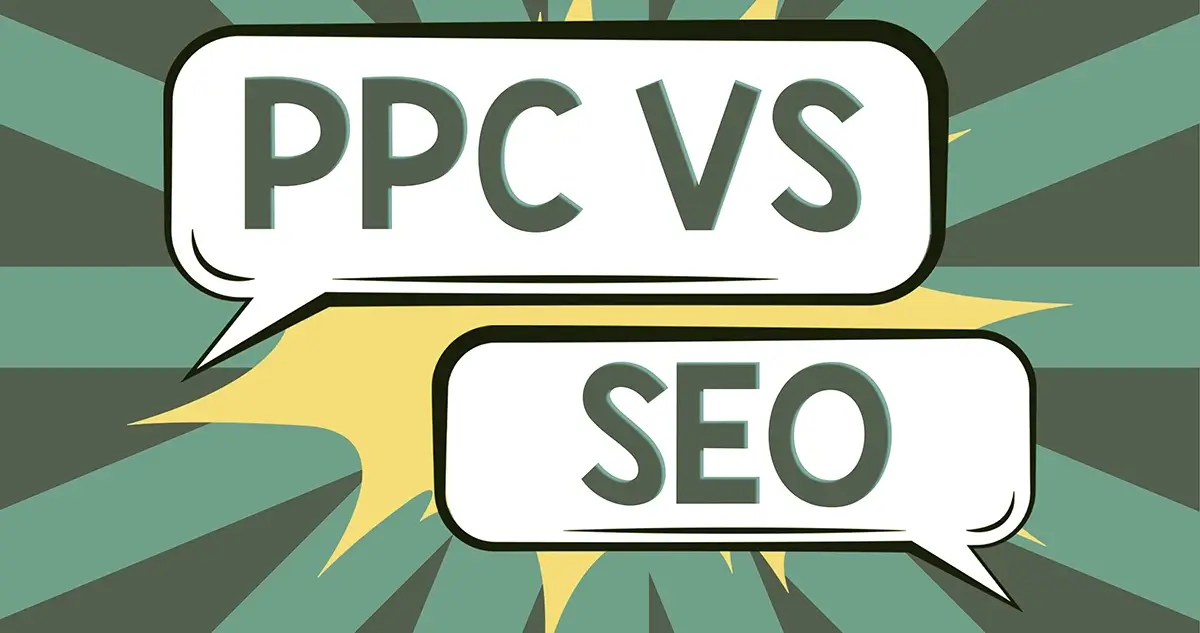
When to Use PPC vs. SEO
There are benefits to both PPC and SEO, but there are times to use one over the other, or even both simultaneously. SEO is best for informational keywords like “audio speakers vs. high-fidelity speakers.” Typically, informational keywords don’t convert directly into sales, so SEO is the more cost-efficient choice when explaining a topic. PPC works best in the short term for difficult keywords like “surround sound speakers.” When you want an uptick in sales, PPC is the best option to convert leads into buyers. However, when you combine SEO and PPC, you will see a noticeable difference in website traffic quality. Using ads to promote the content on your website is a simple way to utilize both types of SEM.
Watch Your Traffic Rize
Properly designed and placed paid ads can be one of the quickest and most cost-effective methods to increase traffic to your website and obtain new customers. As experts in the Audio, Video, and Security industry, our team at Rize AVS will help maximize your ROI. Contact us today to get started!
